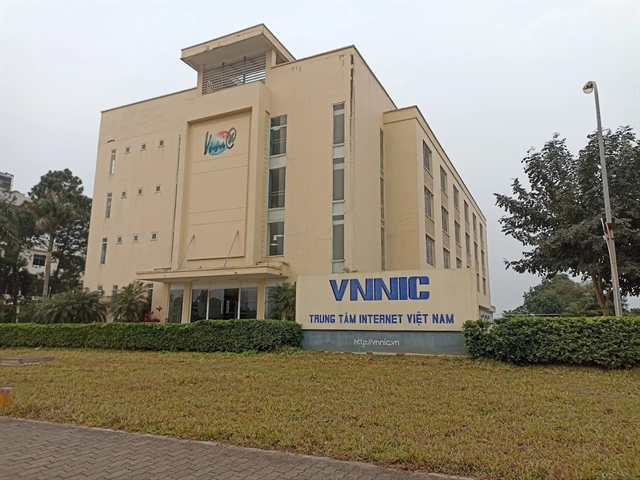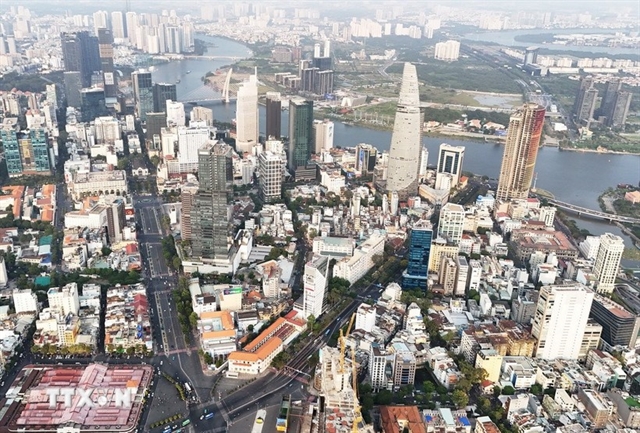 Economy
Economy

The HCM City government wants businesses and distributors to increase production and stockpiling of essential goods to ensure sufficient supply for the city’s 9.4 million inhabitants during the upcoming Tết (Lunar New Year) holidays.

|
| People shop at a supermarket in HCM City. VNA/VNS Photo |
HCM CITY — The HCM City government wants businesses and distributors to increase production and stockpiling of essential goods to ensure sufficient supply for the city’s 9.4 million inhabitants during the upcoming Tết (Lunar New Year) holidays.
Businesses have earmarked more than VNĐ11.02 trillion (US$480.9 million) to stockpile goods to meet the rising demand during the run-up to the holidays, according to the city Department of Industry and Trade.
With this, businesses are likely to ensure sufficient supply, with stockpiles accounting for 29-54 per cent of the demand for key products like poultry, pork, eggs, processed foods, cooking oil, and rice.
Supermarket chains, retailers and convenience stores already have inventories of essential goods of two or three times the normal amount.
Eighty businesses that are taking part in the city’s price stabilisation programme pledged to keep prices stable and avoid price fluctuations for two months starting a month before Tết.
There will be flash sales of essential goods such as pork, poultry and eggs a few days before the festival begins.
Large retailers such as Saigon Co.op, SATRA, AEON - Citimart, and Big C plan to carry out promotions with discounts of 5-49 per cent on thousands of items commonly consumed during the holiday season.
Wholesale markets Bình Điền, Hóc Môn and Thủ Đức and almost all traditional markets have resumed operations.
The department has urged local authorities to ensure all traditional markets open by December 31.
Around 350 mobile sales points will supply essential goods at fixed prices at export processing zones and industrial parks to benefit workers and other low-income earners. —VNS




